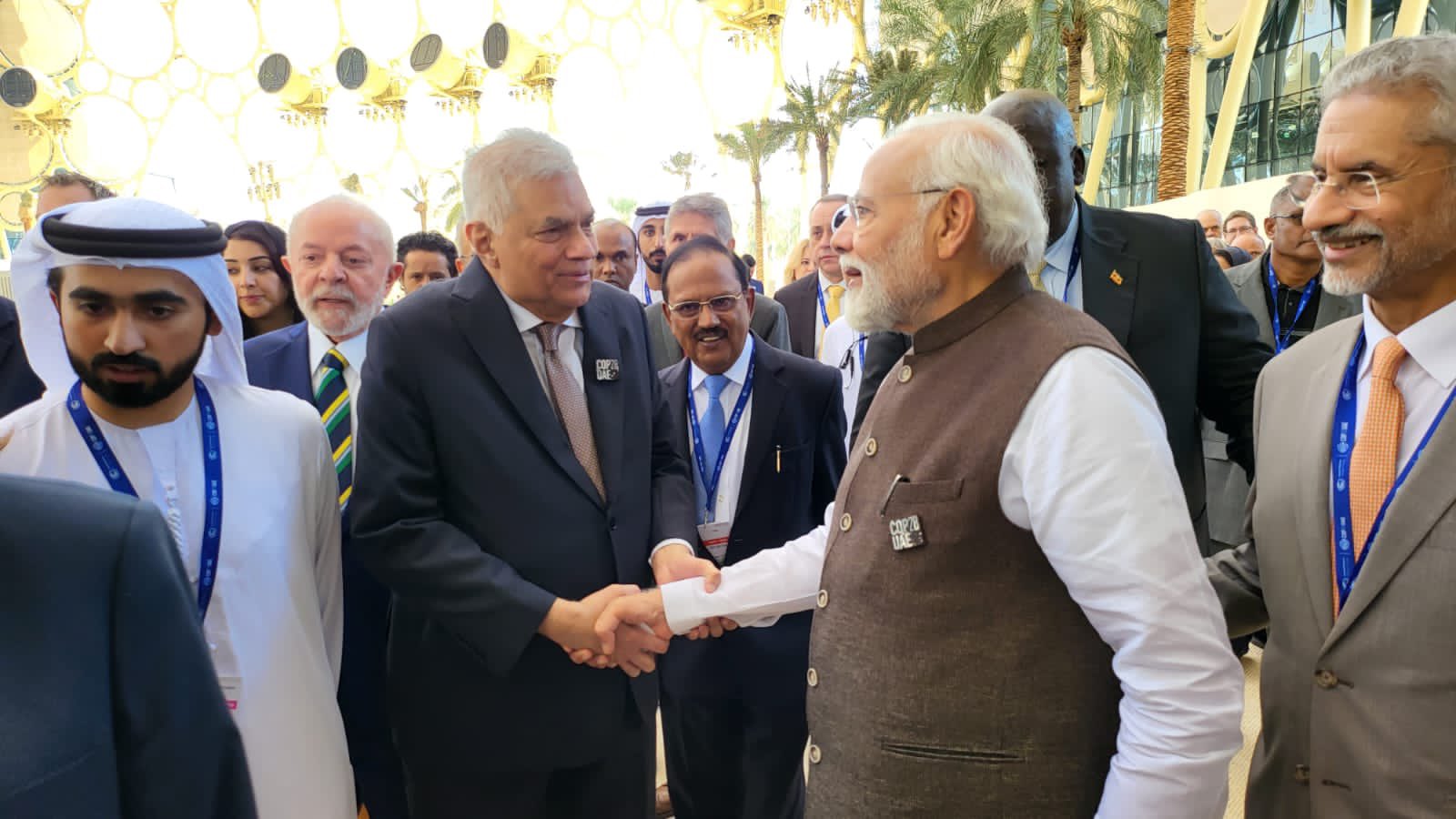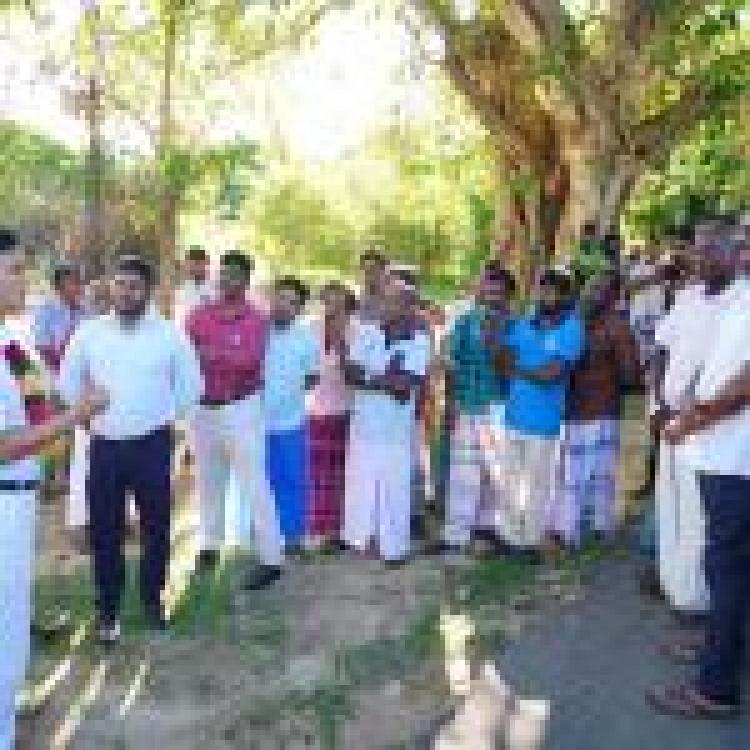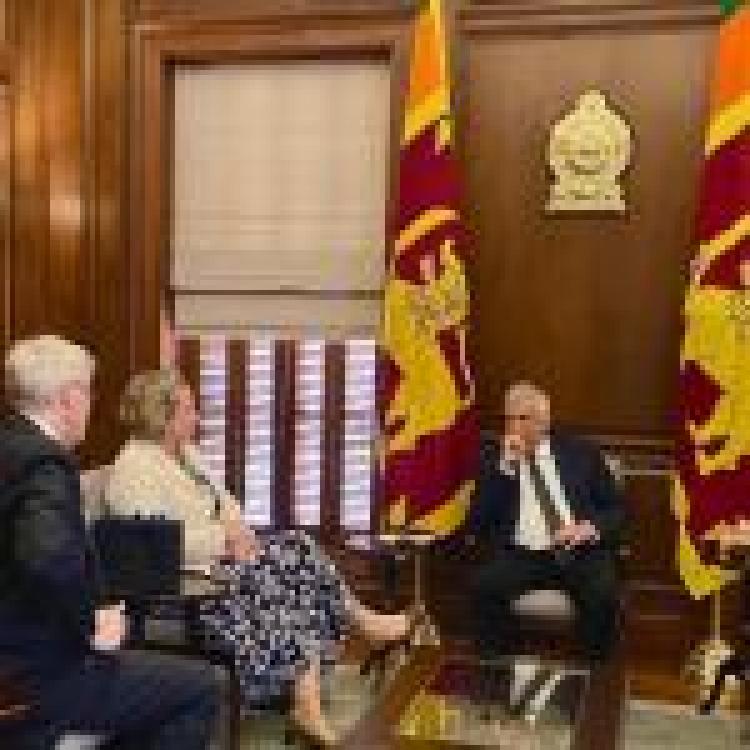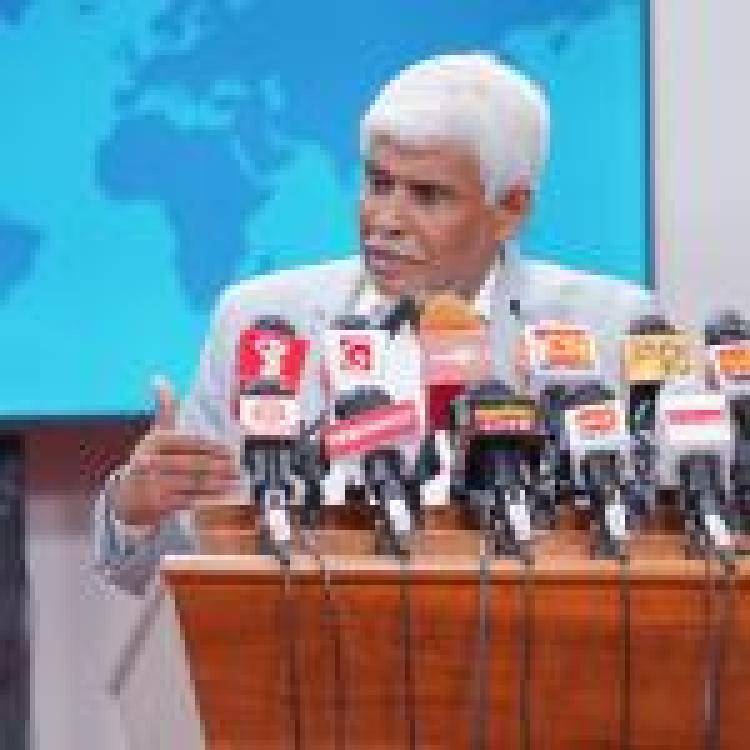
Amidst the United National Climate Conference (COP 28) in Dubai, Sri Lanka’s President Ranil Wickremesinghe and India’s Prime Minister Narendra Modi met to discuss a variety of issues.
In the midst of COP-28 proceedings, caught up with President Ranil Wickremesinghe of Sri Lanka. It's always wonderful to connect and discuss various issues. @RW_UNP pic.twitter.com/y50amRstdb
— Narendra Modi (@narendramodi) December 1, 2023
The meeting takes place amidst growing concerns over human rights in Sri Lanka following a spate of arrests of Tamils for commemorating Maaveerar Naal, a day to honour fallen LTTE cadre. India has long pushed Sri Lanka to pursue greater devolution and implement the 13th amendment, but the island has consistently failed to do so.
Earlier this week, Sri Lanka’s president told Sri Lanka’s Economic Summit that they have struggled to join the Regional Comprehensive Economic Partnership (RCEP) because of a lack of rules to admit new members.
Wickremesinghe’s administration has also attempted to hold a Comprehensive Economic Partnership Agreement (CEPA) that was previously opposed during the Rajapaksa administration. The efforts come as Sri Lanka has secured a debt restructuring agreement with its major creditors, which is dependent on support from the International Monetary Fund.
In Wickremesinghe’s speech to the UN conference, he also pushed for a Climate Justice Forum and investment in Tropical Belt. His speech stressed that Sri Lanka was already feeling the impact of climate change.
“Sri Lanka is experiencing a palpable rise in ambient temperature; continuous gray skies; heavy rains that are not seasonal; lightning and thunderstorms; and as a consequence, flooding of riverbanks and earth slips in the mountains” he told the conference.
Whilst Sri Lanka has attempted to position itself as a global leader on climate change it faced ongoing criticism from human rights organisations and Tamil activists of “greenwashing” – using the rhetoric of climate change to divert attention for their dire human rights record and ongoing issues of militarisation.



